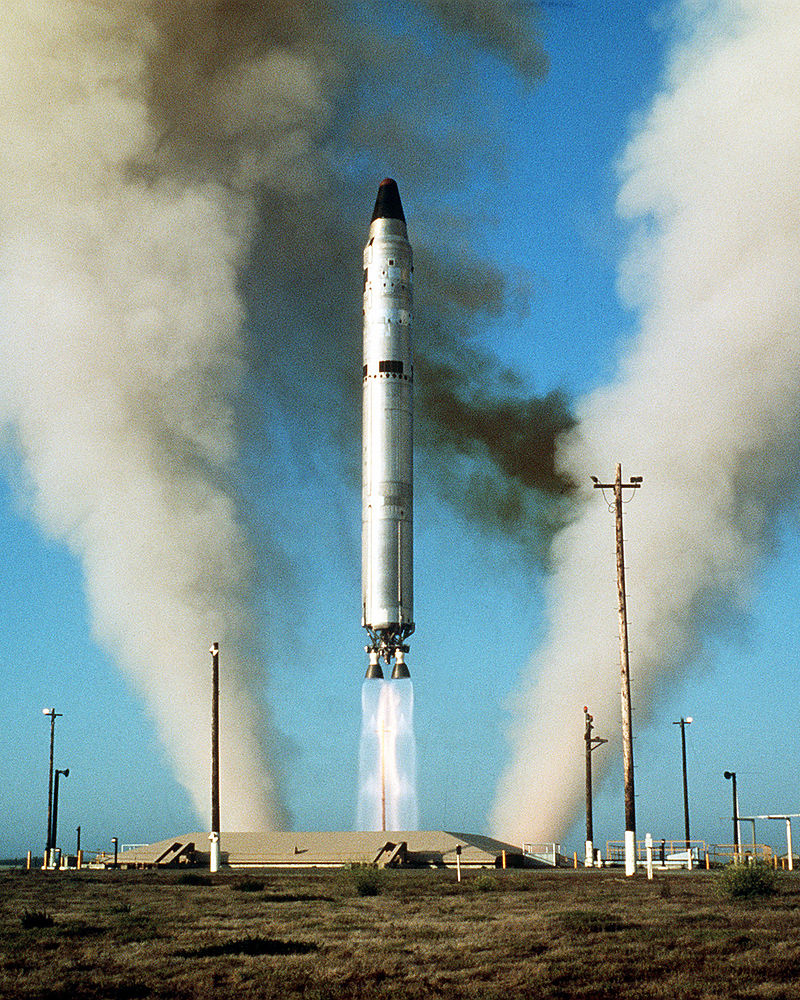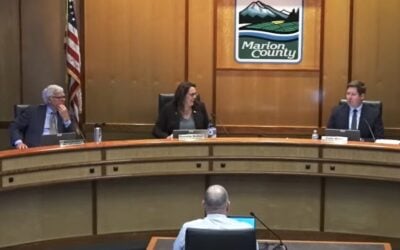
Ex-First Solar CEO Hughes’ new VC group joins the low-carbon race
30 September 2019: Former First Solar CEO Jim Hughes’ new investor group has entered the energy transition space, citing that it is “pursuing opportunities created by the global transition to a lower-carbon energy system,” with energy storage as a focal and entry point to the market.
EnCap Investments, a venture capital (VC) group in the North American independent energy and renewables sector, is seeking investments in power generation via wind, solar and inevitably natural gas, which it said will be “enhanced by the implementation of low-cost, proven battery storage systems”.
Enjoy 12 months of exclusive analysis
- Regular insight and analysis of the industry’s biggest developments
- In-depth interviews with the industry’s leading figures
- Annual digital subscription to the PV Tech Power journal
- Discounts on Solar Media’s portfolio of events, in-person and virtual
Hughes, who was also added to the board of directors at zinc battery energy storage company Eos Energy Storage back in 2016, is joined on the EnCap board by fellow First Solar former senior exec, Tim Rebhorn.
“Fossil fuels will continue to play an essential role in meeting global energy demand in the coming decades. However, renewable energy sources are poised for rapid growth. In fact, renewables are projected to be the fastest growing source of electricity generation in North America,” EnCap managing partner Doug Swanson said, adding that “we believe the market dynamics in renewables will present very exciting investment opportunities for our firm.”
Nickel-zinc batteries trialled to support US intercontinental ballistic missile facility
1 October 2019: The intercontinental ballistic missile (ICBM) facility used by the US Air Force will be supported by a nickel-zinc battery system, supplied by ZAF Energy Systems.
ZAF claimed a “breakthrough in cycle life” for its “next generation” energy storage devices, which company president and CEO Randy Moore said could compete “with lithium-ion without the safety hazards in many applications,” back in May.
ZAF emailed Energy-Storage.news this week to announce the award of a US$1.4 million contract to deploy nickel-zinc batteries to support the ICBM ground facility in a project set to run for 24 months and “expected to result in a prototype stationary energy storage system capable of powering the silo’s systems in the event of a power outage, and until stand.”
VP of engineering at ZAF, Eivind Listud, said that the nickel-zinc systems have a longer operational life than existing lead acid batteries in use at the facility, and can be “stored, without charging, for a very long time—as much as 20 years—without damage or the need for float charge.”
In related news, last week, Energy-Storage.news reported that a substation in Hungary will have its lead acid batteries replaced with Saft's nickel battery systems.
Arizona city fire depts change laws after battery incident – report
2 October 2019: Local news outlet AZ Central in Arizona has reported that the fire departments of three cities in the US state have enacted laws around the installation and building of battery storage facilities.
This comes in the wake of a fire in April that caused injuries to four firefighters at the McMicken battery facility in the service area of utility Arizona Public Service (APS). According to the AZ Central report, the cities of Phoenix, Peoria and Surprise “enacted laws that for the first time address how giant batteries are stored,” with another, Mesa, “considering doing the same.”
An investigation is currently ongoing. However, AZ Central reports that utilities “now need to notify cities” when building facilities, with permitting and inspection procedures in place. Installation laws meanwhile apply to residential, commercial and public buildings installing battery energy storage.
Fire officials told the AZ Central reporter that the laws will give first responders knowledge of where batteries are located and that the cities worked with the likes of New York City fire officials and used the International Fire Code as a starting point. Fire safety remains an important issue across the stationary energy storage space, with the US National Fire Protection Association (NFPA) recently publishing a best practices and standards guide.






